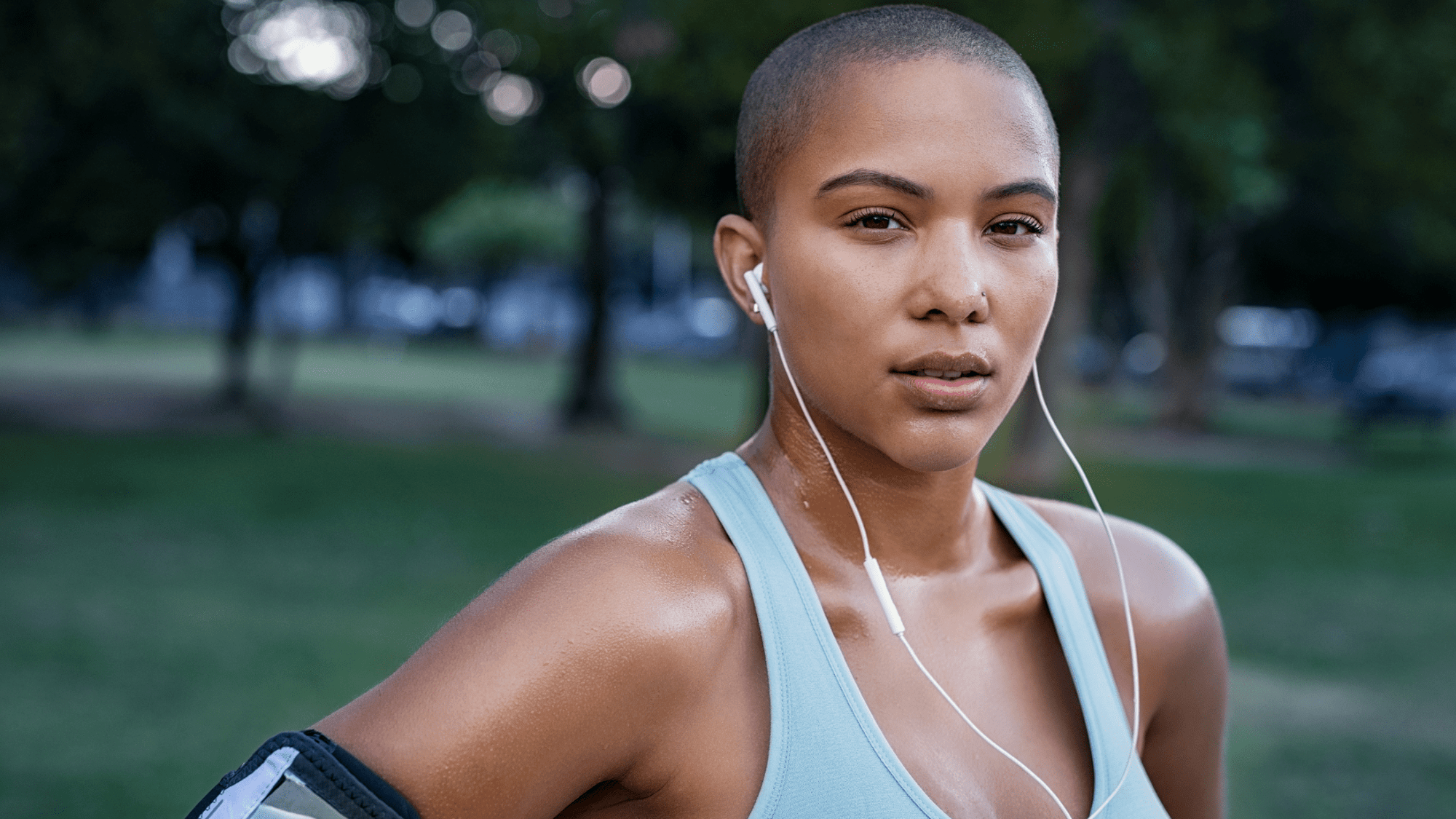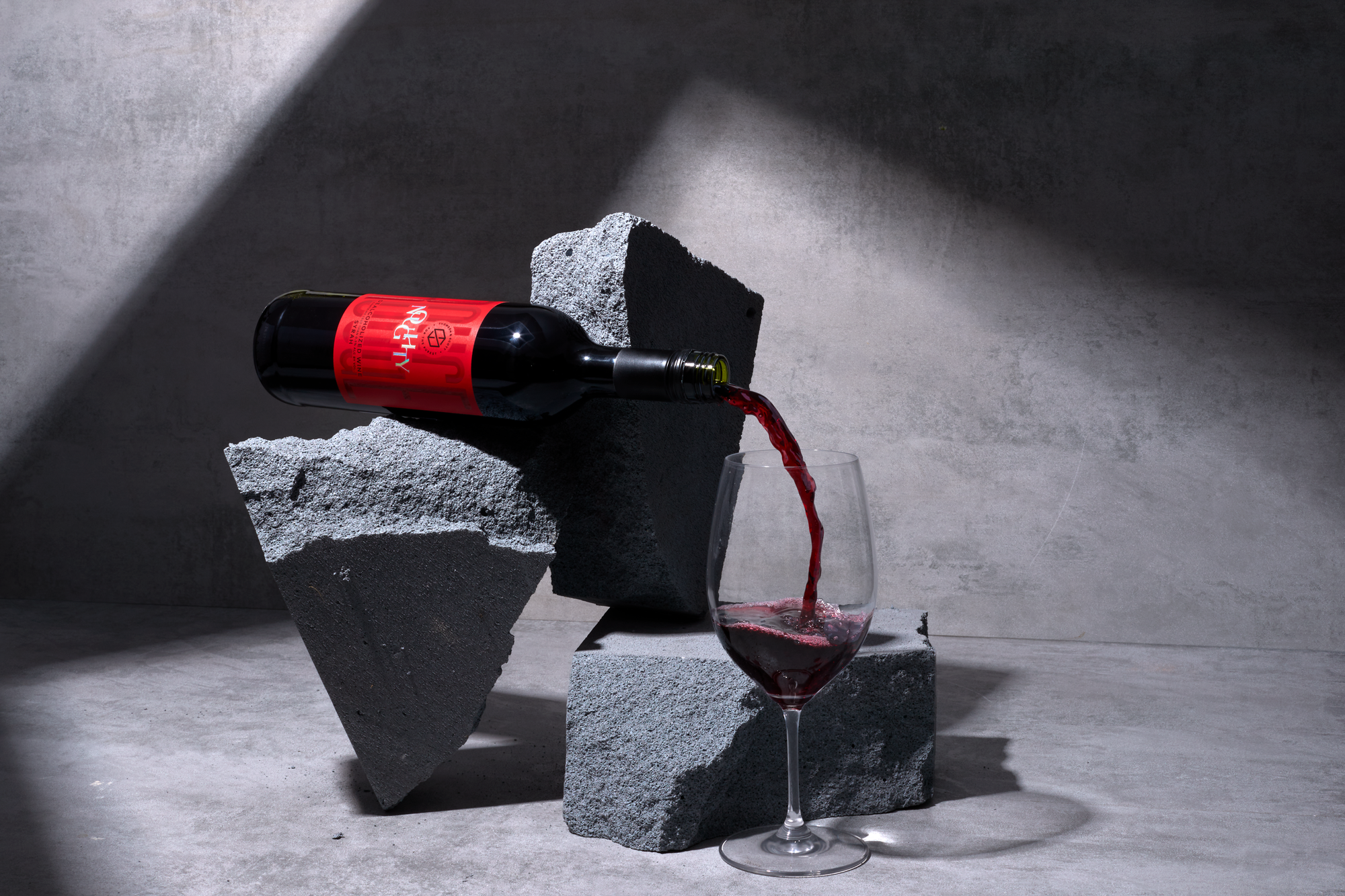How is your dry January coming along?
How about your fitness goals, then?
Maybe they’re going amazing. Maybe they’re not so great.
Did you know that your fitness goals and alcohol detox can go hand in hand?
It turns out you can sabotage your fitness efforts by drinking alcohol. The way your body metabolizes alcohol can work directly against the good stuff exercise is doing to your body. Your weight loss, performance, muscle growth, and many other factors can be slowed down by including booze in your diet.
If you need the motivation to stick to your fitness and dry January resolutions, here are some reasons.

Alcohol Affects Your Metabolism
When we consume alcohol, our body has to divert focus from breaking down its typical nutrients: carbs, fats, and protein, to breaking down ethanol. But unlike those macronutrients, ethanol isn’t easy to break down and can be toxic to the body in large amounts.
So, instead of taking the time to break down food and help you lose weight, your body has to slow down and focus on breaking down the toxin ethanol – not fat.
Likely defeating all the hard work you’re putting into diet and exercise.

Alcohol Affects your Performance
Even after a couple of drinks, you’re likely to notice a change in performance at the gym. Your body is dehydrated and your liver is busy trying to break down the alcohol. Your body starts needing and absorbing more fluids, making it difficult to stay at your same performance level.
In turn, your heart has to work extra hard when you exercise and your liver doesn’t have time to make glucose to fuel your workout. Not good.

Alcohol Affects Muscle Growth
To build muscle your body needs to break down old protein and build new ones. When you drink a moderate amount it will stop this process. Your body won’t be able to build up new proteins up to 48 hours after drinking.
This problem can have even worse effects, making you more prone to injury, increasing recovery time, and reducing already present muscle.
Alcoholic Substitutes: the Drink of Champions
Luckily, there are choices for keeping January and beyond alcohol-free. You can enjoy a satisfying beverage that tastes similar to alcohol without the negative effects.
Studies show that non-alcoholic beer, for example, can actually help you achieve
your fitness goals. You’ll see Olympians downing an alcohol-free beer in the Olympic village.
Studies show that athletes who drank nonalcoholic beer every day had a reduced risk of upper respiratory infection and inflammation. They also stayed well-hydrated.
It’s no lie that many of the properties of your favorite alcoholic drinks have health benefits as well. But the alcohol part of it has too many negative side effects.
Non-alcoholic substitutes take the good things like phenols and antioxidants that can reduce inflammation and might reduce cancer risks, out of alcohol.
So, alcohol and fitness aren’t that great together. But, nonalcoholic beverages might actually help you achieve your fitness goals.
We’ll cheers to that!




